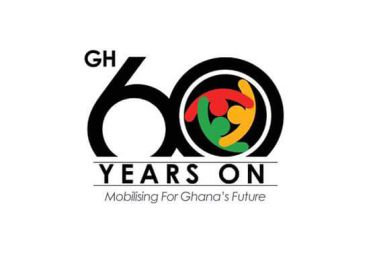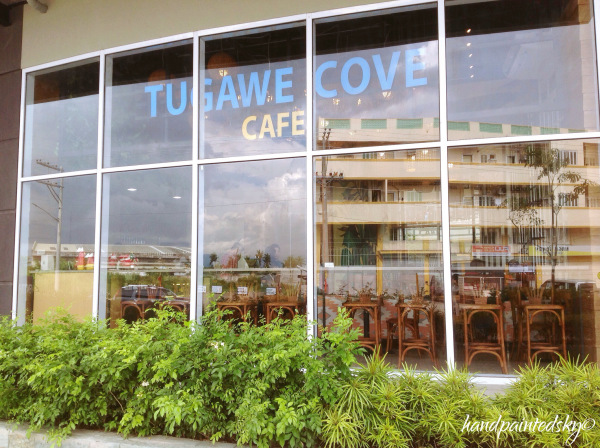6 March this year was the 60th anniversary of Ghana’s independence from British rule.

Celebrations are going on throughout the year and those of you who follow Darkowaa’s excellent blog African Book Addict! will have seen her 3-part series GH at 60 | Our Writers & Their Books which looked at 75 Ghanaian writers and certainly caused my TBR to reach even more astronomical heights. As an attempt to reduce the mountain by at least 2, this week I’m looking at 2 novels by writers of Ghanaian heritage. It’s also one more stop on my Around the World in 80 Books Reading Challenge, hosted by Hard Book Habit. Happy Anniversary Ghana!
Firstly, Half Blood Blues by Esi Edugyan (2011) which was shortlisted for both the Orange Prize (as it then was) and the Booker, and won the Giller Prize. Narrated by jazz musician Sid Griffiths, it tells the story of jazz prodigy Hieronymous Falk, a 19 year old ‘Mischling’ (half white European, half black African) and the band he plays in, trying to carry on working in Europe under threat from the Nazis during the Second World War. The narrative shifts between 1939-40 in the build up to when Hiero is arrested and sent to a concentration camp; and 1992, where Sid and his frenemy Chip attend a documentary about Hiero and then undertake a journey to Poland.
“See, Half Blood Blues, 3 min 33 secs, is almost all I got out of that time. I ain’t sore about it. Ain’t no glory made from being dependable. But it started Chip’s career a second time. Jolted the man awake again. And, well, it made Hiero one of them most famous jazz trumpeters of his generation.”
The documentary and journey force Sid to look back on probably the most complex, confusing time of his life. He was a young man, there was sexual jealousy and musical rivalry, and there is survivors’ guilt. Sid could pass for white and had fake papers, but at what price?
“So we passed, sure. But there was passing, and there was passing. Sometimes it seemed like we’d passed right out of own skins.”
Edugyan captures the terror of living under Nazi occupation while the band await papers to get them out of France:
“I was crying soundlessly. I dragged my damn face against my sleeve, feeling ashamed. I ain’t never thought fear had a taste. It does. In that small darkness it was a thing filling my nostrils, thick as sand in my throat, and I near choked on it.”
She also writes evocatively about the music of the band, something which is essentially impossible to capture in words:
“Wasn’t like nothing I ever heard before. The kid came in at a strange angle, made the notes glitter like crystal.”
Half Blood Blues offers a well-researched, evocative portrayal of a time that has been well-documented but from a perspective that has been underrepresented: black experience in World War II. Hiero remains an enigma throughout the tale and so we don’t hear of black experience in the concentration camps but rather as artists declared enemies of the state. The novel never falters under the weight of its research however, and it is psychologically astute:
“I guess mercy is a muscle like any other. You got to exercise it, or it just cramp right up.”
Sid does not behave well at times and his selfish actions have tragic ramifications. However, Edugyan is merciful to her characters and ultimately Half Blood Blues is about redemption, forgiveness and acceptance of ourselves and others. I found the end really moving which meant I got a little teary on the tube – but there’s usually someone having a cry on the Underground so it drew very little attention





